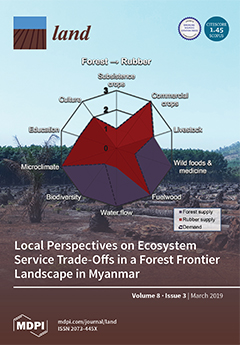Gender, Educational Attainment, and Farm Outcomes in New Zealand
Empirical studies of farm outcomes that rely on survey data often find important roles for education and gender. However, relatively few studies consider either field of study or gender of the decision maker (as opposed to gender of the survey respondent). This paper evaluates how the field of education and gender of decision makers correlate with profitability, farm management, future intentions, risk and norms, and adoption of novel technologies in New Zealand, explicitly accounting for the fact that many farming households make decisions jointly.




